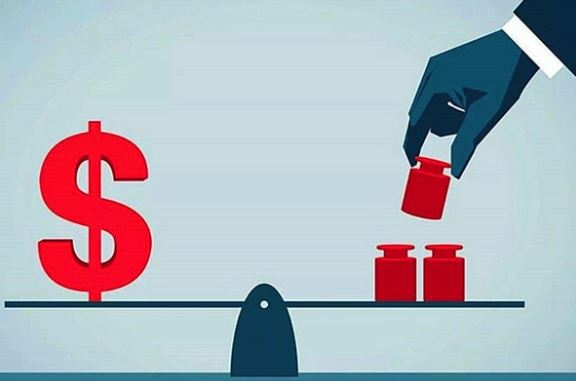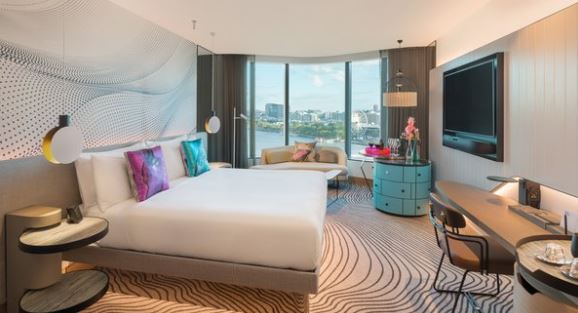
On the location and risk of hotel investment
Hotel investment location problem
The location of the hotel is very important, which is the key to the hotel’s future operation. Pay attention to the following six principles
(1) Feng Shui requirements
According to the requirements of Feng Shui, we must first check the location of the hotel.
(2) City type
Make an assessment of the type of city where the hotel will be built.
(3) Urban population and transportation
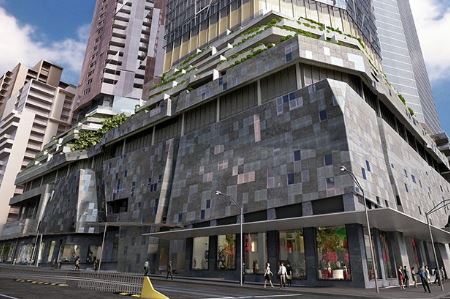
The situation of residents in the city, economic population and floating population should be investigated, and the popularity should be better.
(4) Select lots and areas
Lots and regions in the city have their own characteristics. If there is a need to provide accommodation and catering services and other facilities and venues, there is a guarantee of customer sources for hotels.
(5) Peer competition
While knowing the above situation, you should also understand the existing hotel facilities in the area and the operating characteristics and conditions of competitors: whether there are plans for new hotels, and the catering facilities, scale characteristics, business hours, and customers in the area Level, consumption unit price, turnover, cuisine and menu content, etc.
Feng Shui design of the hotel:
The feng shui design of the hotel is closely related to the base environment. The base environment includes the requirements and constraints of the urban design, the history and culture of the surrounding buildings, the topography of the base, the main landscape, roads, water flow, and the layout of the hotel parts and the adaptation of the body image. . The best angle of view and height of sight should also be considered for the main landscape range. From the perspective of feng shui, the appearance of the hotel should be based on a positive style, and it is not appropriate to use deep negative colors. This is too heavy and makes the guests feel a sense of depression.
(6) Vipassana design
The interior design is also very important in the hotel feng shui design, and its main content is based on the guest room design. There are many high-end, mid-range and low-end hotels in countries all over the world. Some guests are like clouds, and some are indifferent. In addition to the operator’s method and luck, the hotel’s feng shui design is very important. According to my years of research, Feng Shui is a natural science. It is the embodiment of various physical energies in nature, and it is by no means superstitious. Natural research institutes in many countries now regard feng shui as an important subject to study, and have achieved good social and economic benefits.
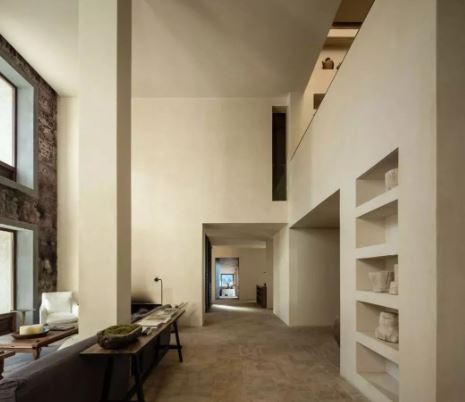
Is the hotel investment risk high?
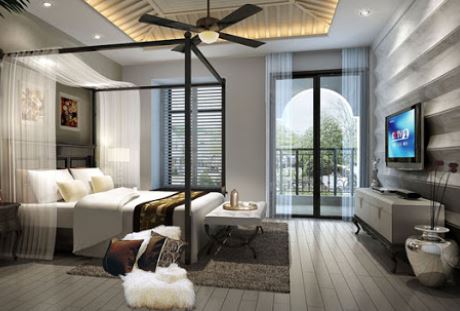
First, investment hotels have high returns and quick payback. Economically efficient and mid-to-high-end brand hotels are generally based on property renovation, with an investment return period of 4-5 years and monthly recovery. Capital economy hotels usually pay back in 5-7 years, and most of the investment in high-end hotels is paid back in 3-4 years;
Second, the risk of investing in hotels is small. The internal rate of return of the hotel is between 20% and 25%, which is not only higher than the return rate of the general investment projects, but also the risk is much smaller than other investment projects.
Generally, investors will only consider investment if the project’s return on investment is attractive and meets its “risk forecast”. The expected risk acceptable to investors depends on the investors’ financial goals. “Risk”, “return” and “price” are interrelated-the higher the investment risk, the higher the investor’s expected return (the lower the price, the lower the return); the lower the investment risk, the higher the investment demand, the higher the price high.

For example, the return on “low risk” investment properties is only about 4%. “Low risk” investments may be retail stores located in the bustling streets of the city center, with high tenant demand and low vacancy risk. If the return on investment is high, such as a return of about 8%, the risk is usually higher than that of an asset with a return of 4%. For example, “high-risk” investments are warehouse properties located in remote streets away from urban areas, where tenant demand is not high and there is a risk of long-term vacancy during periods of economic downturn.
Many investors hope to obtain a return of more than 4%, but do not like the risk associated with 8% return investment. Therefore, we find that many real estate investors favor “medium risk and return” investments, which are 5.5% to 6.5% rate of return.
Hotel investment is usually within this ROI range, which can achieve a good balance between risk and return. However, different types of hotel investments have different risks and rewards.
